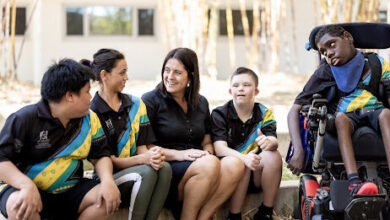
With a freshly launched STEAM program pushing boundaries in Wellington, this IB World School was as surprised as you that becoming co-educational would make the bigger splash in 2019.
Read the full story in our Term 3 issue, here.
In conversation with Scots College headmaster, Graeme Yule School News found out about the pedagogical learning curve his staff embarked upon, the evolution from international baccalaureate to future-focussed learning, and why girls are essential.
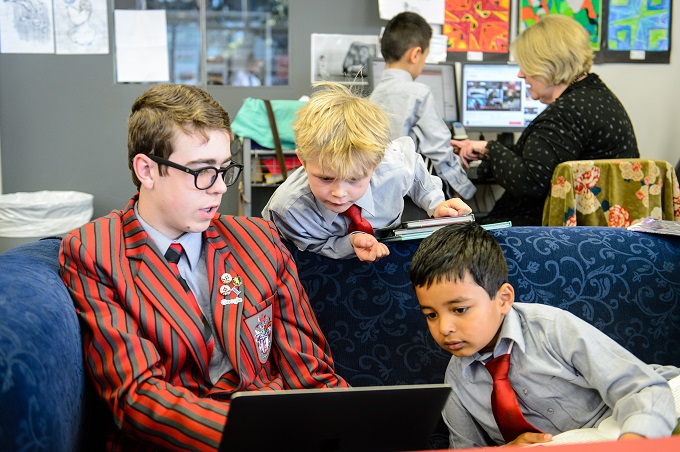
Big changes in three stages
“Because we are an IB World School, we offer the primary and middle years program as well as the IB diploma and, at Years 12-13, we also offer NCEA as a dual assessment pathway. So, we created a thing called our Future-Focussed Learning Plan, a strategy we announced to our community at the beginning of last year.
“We are trying to develop the skills students need in terms of communication, collaboration, critical thinking and creativity. These are the 21st century learning skills that the students will need, so they sit really well with the approaches to learning that we offer through the IB programs and also align very well with the NZ Curriculum.”
There are three key elements to the plan: pedagogy, building a new flexible school block, “without big open spaces”, and introducing girls.
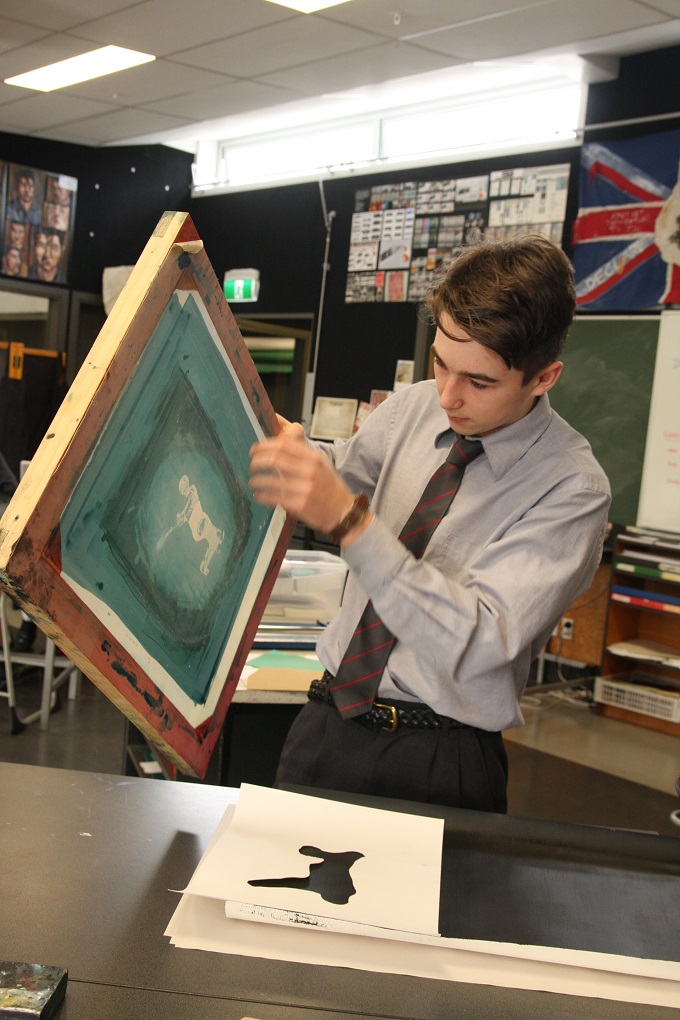
Removing NCEA assessment
This was step one, Graeme revealed: “We restructured our Year 11 course, so students now do one internal and one external item in five subjects. So none of our Year 11 students will get NCEA level one but they’ll get their literacy and numeracy.
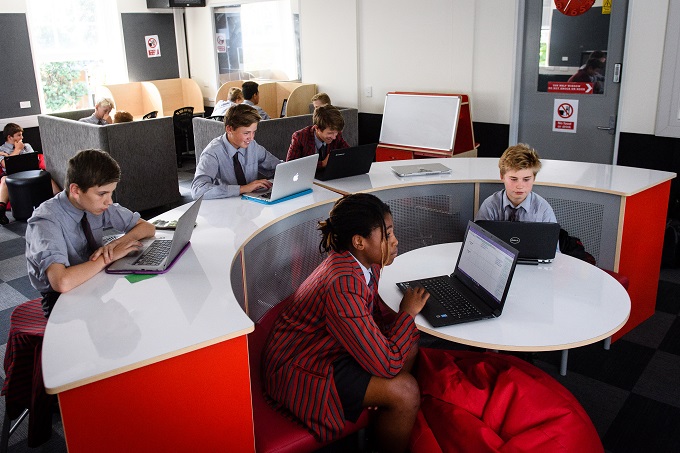
We then introduced a number of semester courses; things like biomimicry, environmental studies, a law program and other options of interest to students.
“What we were finding at level one is that we were spending so much time doing NCEA assessment that it was driving the teaching and learning. So we tried to take that back by giving students agency. Staff have loved getting to design and deliver their own programs! We started this year, replacing NCEA assessment with project-based assessment.
The teachers’ journey
“Initially, when we spoke to staff the response was, ‘oh no, another change, more workload’, but when we explained that we were removing a significant piece of their workload (i.e. all the moderation and assessment at level one, bar those 40 credits) and we were creating space for them… they quickly came aboard.
“Staff particularly liked that they would be able to determine what they teach and we have been doing substantial PD over the last 18 months, providing time for our department to sit down and design their courses; so the staff have been really engaged in this as well.
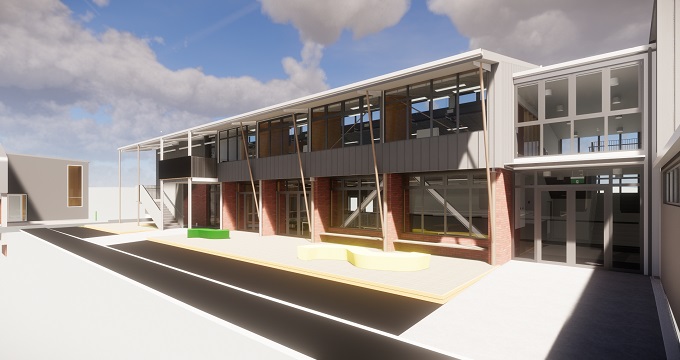
They feel they have ownership over what they are trying to achieve. We’ve broken down the different silos between subjects over the last five years with interdisciplinary trialling in the middle school. With Year 11, we didn’t have to reinvent the wheel, so relationships between teachers haven’t had to change too significantly.”
Catapulting Year 11s into their future
“We started the year by throwing our Year 11s into the BP Technology Challenge. We gave them no brief or warning and then we analysed how they worked together as a group because students tend to want to go with their friends and then they miss out on developing new skills. The goal here was to try to teach them how to work together to problem solve.
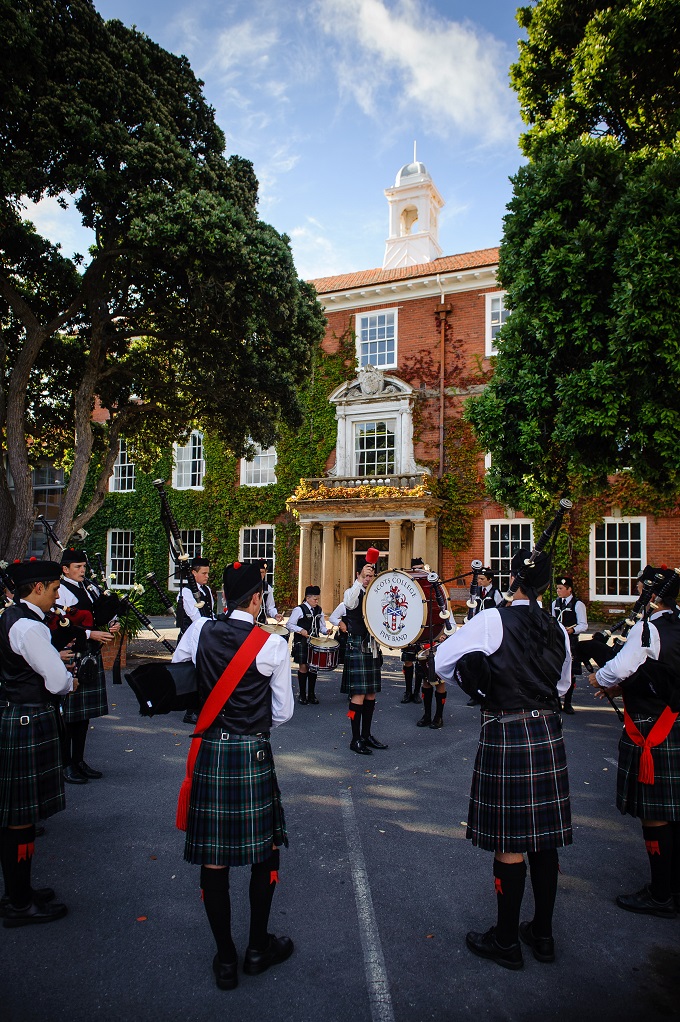
“We kicked off by inviting our old boys to mark outcomes of the challenge, Dragon’s Den style. Going forward, as students develop their projects, we will link them up with old boys as external mentors to find out how they can get relevant support. We will also have all our students out in the workforce as part of the work experience programme we are doing with Swivel around career options.”
Backlash from the wider community
Graeme shared his initial surprise that while changes to the teaching program went down well with parents and friends of the school, not everyone was happy about the introduction of girls.
“The tsunami of new government changes (NCEA review) really helped us in our communications with families because they looked at government proposals and saw that it was similar to what we were doing. It gave our wider community confidence that we were on the right track.
“We mostly got a response about becoming co-ed, which I felt was only 20 percent of the change. Overall, response has been overwhelmingly positive but of course we have a small pocket who are vehemently against it. We have pretty much worked through that, though.”
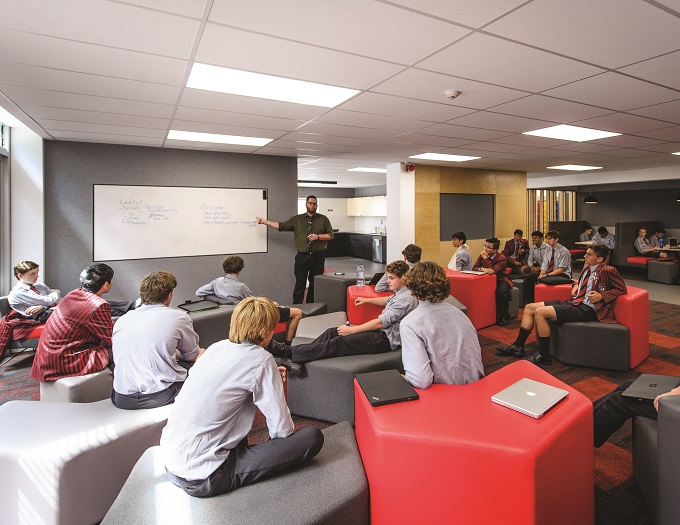
Becoming co-ed: why we want to include girls
“In the next three years we will have about 150 girls enter the senior school, which will be about a third of the student population.” Why? “The world is co-educational and the role of gender seems to be less significant in education than maybe it was when we were founded 103 years ago.
“Our new building will have an office for our newly appointed deputy principal, who will be looking out for girls’ welfare. There will also be a girls’ common room in the new block for the first two years because they will be considerably outnumbered; just 60 in the first year and 120 in the second year. From year three, that space will become a co-educational common room for Year 12, and another common room will be co-educational for Year 13.”
Focussing on their future
In the new programme, students “are not writing an essay on some theoretical problem, they are actually solving a real-world issue; and that’s how the workforce works, isn’t it? You don’t sit down in the workforce and write an essay about a problem, you gather with a group and work out a solution.”




